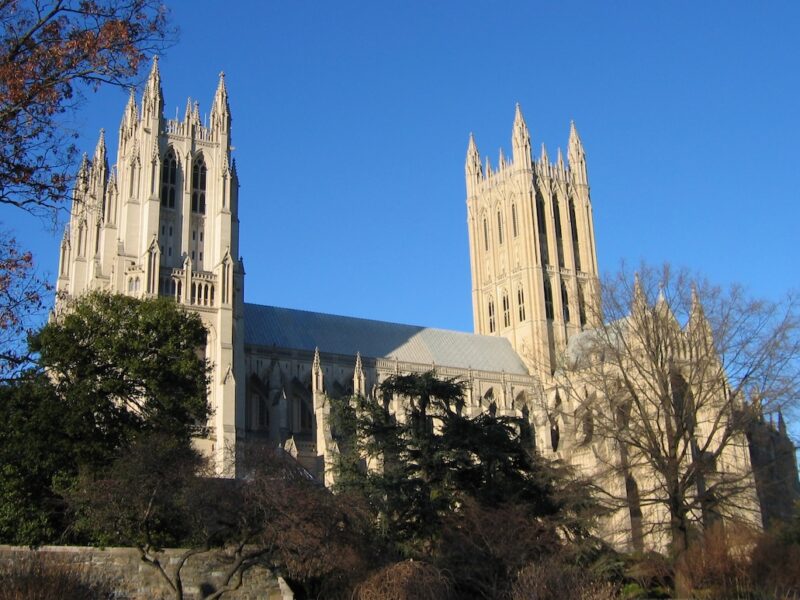What if choosing the right kind of school could help students stay committed to their faith, their church, their society, and their Lord? We would want more of those schools!
A recent study from the University of Notre Dame’s sociology department—sponsored by the Association of Classical Christian Schools—reveals that former students of classical Christian schools have a higher commitment to and involvement in their church communities over their lifetimes. For example, almost 90% of these graduates attend church three times a month, compared to about 70% of former homeschoolers and evangelical private school students and about 35% of former public-school students.
One way to characterize well-documented recent trends in American society is that communities are falling apart and people are becoming more isolated, lonely, and alienated. Even beyond the general advantages of a classical Christian education, the parish school answers some of the deepest needs of the human heart by giving young people a lifelong place to belong, an actual community of Christians of all ages, and a place in that community that is enduring.
In addition, the parish school gives the child an opportunity to serve the Lord. We are familiar with Joshua 24:15, “As for me and my household, we will serve the Lord.” A child needs a household. They need a deeply rooted identity as a member of a family, as a member of a church, and as a citizen of the United States. Each of these can be considered “households” and are crucial to the Christian life of a young person; yet serve is an active verb requiring action not just identification.
While other schools allow for service to the Lord outside of school, or perhaps actively promote it, only parish schools practice the sacramental reality of service to the Lord. The identification of Christ with His Body, the Church, is so intimate that our Lord said to the future apostle Paul, who at the time was persecuting the Church, “Saul, Saul, why are you persecuting me?” (Acts 9:4). A student in a parish school worships with the Church as service to the Lord but also actively serves and obeys Christ by serving and obeying the local church in one of her teaching ministries.
If affection for and commitment to the Body of Christ is the goal, there is no better way to work toward this goal than the spread of healthy parish schools. It provides an intimate connection between Christ, His Body, and the local, incarnational reality of that Body in the local parish. Because Jesus equates loving his Body with loving Himself (Matthew 25:40), this affection for and commitment to the Body of Christ should indeed be our goal.
If we start with classical Christian education and add the parish element to it, the classical liturgy of the Church in the English language—the Anglican Book of Common Prayer—becomes the only remaining ingredient to achieve the highest results to the glory of God. Due to the beauty of its liturgical life as nurtured and guarded by its episcopal polity, classical Anglicanism offers the best educational context in which to train the next generation to love that which is true, beautiful, and good.
Atonement Academy, our newest Anglican parish school, will teach young high-school adults to “serve the Lord” through liturgical worship, catechesis, education, and other ministries of the Reformed Episcopal Church of the Atonement. We pray and trust that God will bless this and other efforts to help revitalize this once thriving parish in the heart of Northwest Philadelphia.




'The Impact of Parish Schools Will Last a Lifetime' has no comments
Be the first to comment this post!